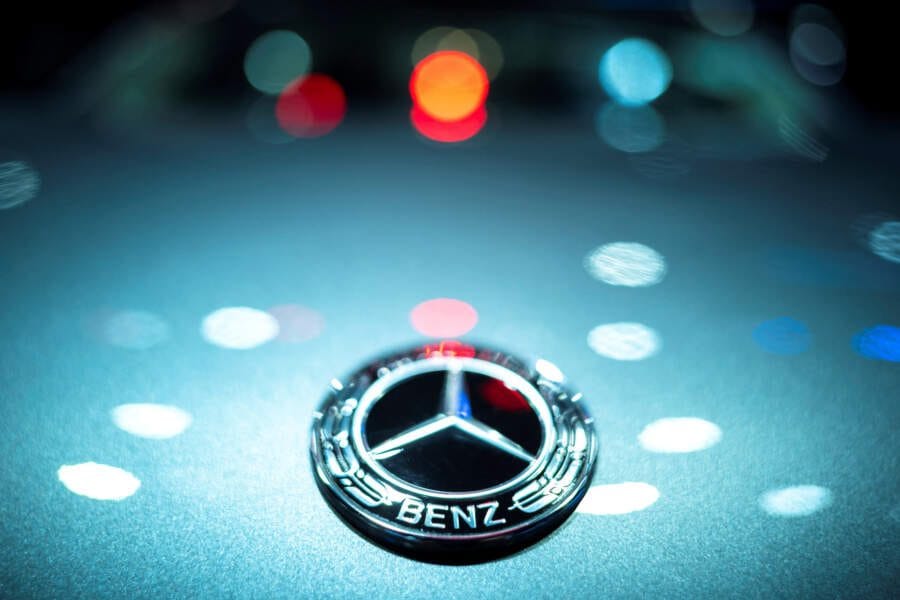
BERLIN (Reuters) – Mercedes-Benz on Tuesday launched its last new combustion engine model – the next generation of the E-Class, which will be built in Germany and China and go on sale in Europe in the third quarter of this year.
Follow-up models of the E-Class will be built on a new platform adapted for battery-powered cars, though this generation will already be available as a hybrid.
“Building a battery in retrospectively is always a compromise,” Chief Technology Officer Markus Schaefer said at a media roundtable. “We have an all-electric E-Class, and it’s the EQE.”
The car features an infotainment “hyperscreen” across the front of the vehicle, rear-seat entertainment and a projection of the Mercedes star in the brakelights, with entertainment options adapted for audiences in markets from Europe to South Korea and China.
It will go on sale in the United States by the end of the year and China in early 2024.
Mercedes-Benz is targeting exclusively battery-electric sales globally by 2030, but has caveated this ambition by adding it will only aim to do so “where markets allow”.
Still, the carmaker said in July 2021 it was dropping investment in combustion engine and plug-in hybrid technology by 80% between 2019 and 2026 and investing 40 billion euros ($44 billion) in electrification between 2022 and 2030.
Other carmakers have begun sounding the death knell on combustion engine models, with Volkswagen announcing the Golf 8 would be the last combustion engine edition of a vehicle which for decades topped Europe’s bestseller list.
BMW has kept its options open, not committing to an exit date from combustion engine vehicles. It will stop producing combustion engines in Germany from 2024 but will still produce the cars with engines imported from elsewhere.
($1 = 0.9072 euros)
(Reporting by Victoria Waldersee and Ilona Wissenbach; Editing by Mark Potter)


